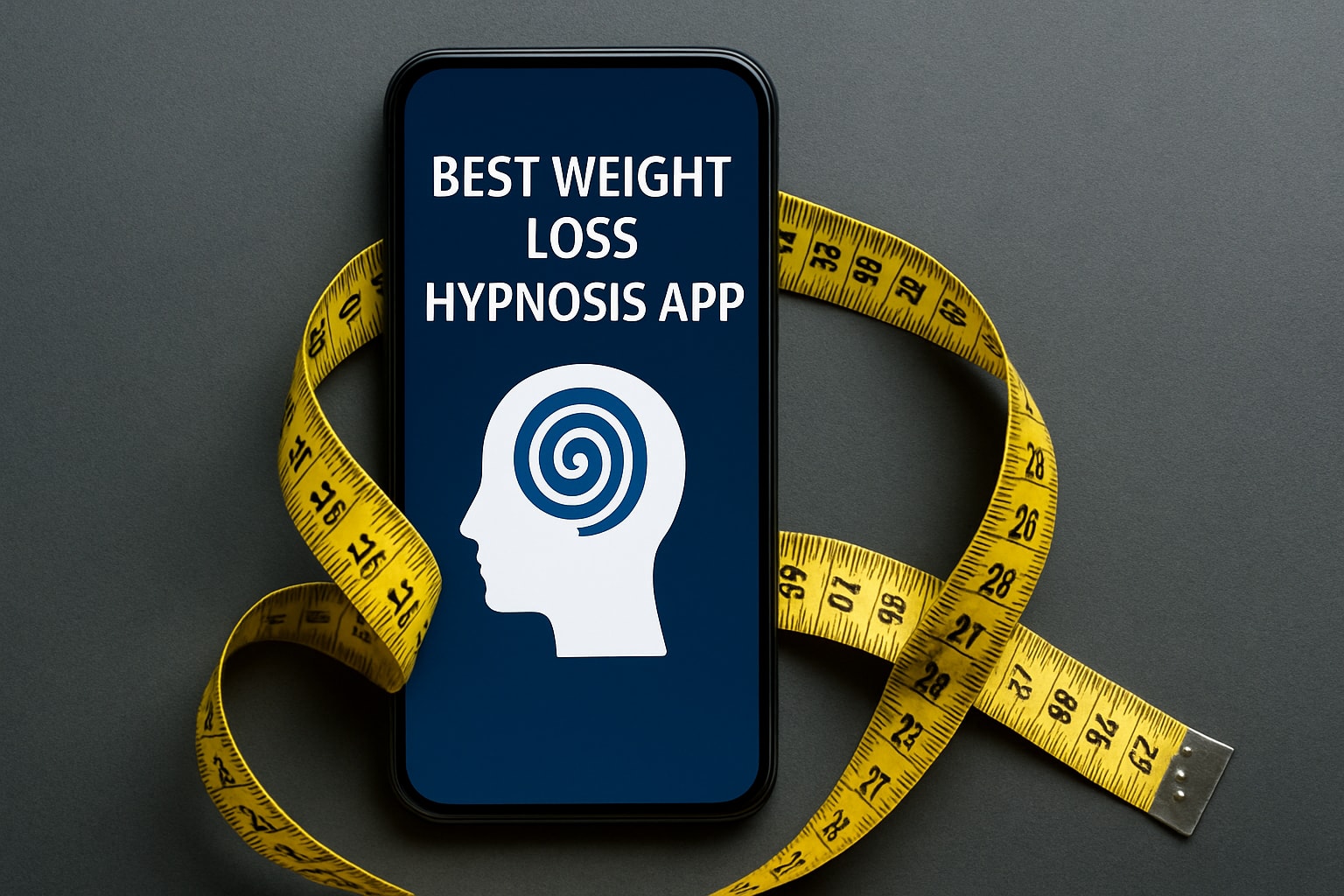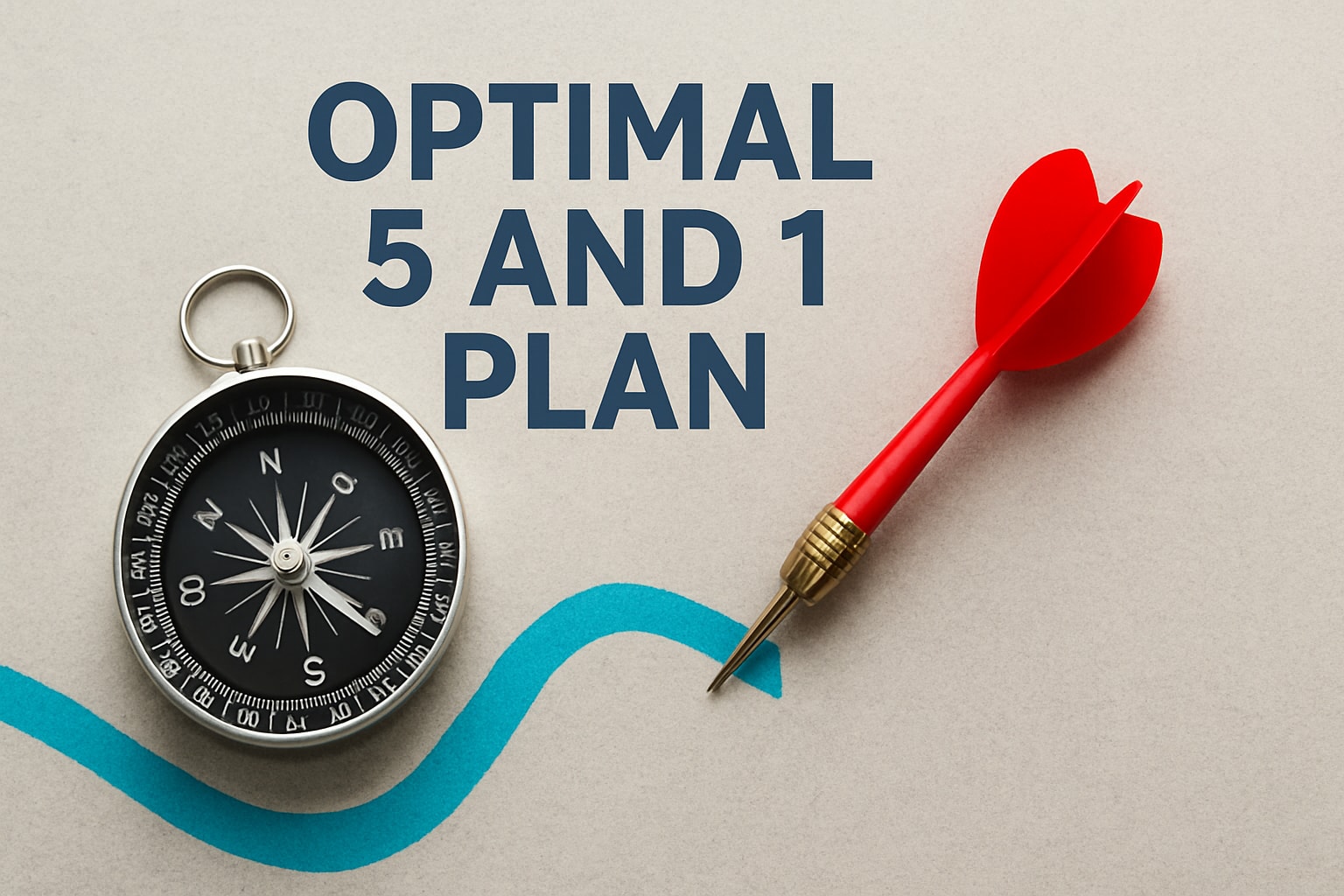Life’s journey is peppered with moments that test our patience, understanding, and ability to connect with others. Conflicts, whether minor disagreements or deep-seated disputes, are a natural part of human relationships. Becoming THE better person in these situations doesn't mean avoiding conflicts or conceding defeat; it's about approaching disagreements with a mindset geared towards understanding, empathy, and resolution.
The Importance of Being THE Better Person in Conflict Resolution
Harmony, understanding, and mutual respect. That's what being THE better person in conflict resolution offers you—an unshakeable direction towards improving personal relationships. When conflicts arise, as they inevitably will, your approach can either build bridges or walls. Choosing to be THE better person means opting for the former, using every disagreement as a stepping stone towards deeper connections.
Why It Matters
Being THE better person isn't just about keeping the peace; it's about actively nurturing the soil from which stronger relationships grow. It's recognizing that behind every conflict lies an opportunity for discovery—about others and ourselves. The personal bonds created by applying this approach are stronger, healthier and longer lasting.
A Ripple Effect
The impact of mastering conflict resolution extends beyond the immediate situation. It sets a tone of empathy, respect, and understanding that ripples through all aspects of your life. Friends, family, and colleagues take notice. Relationships become more authentic and less guarded. Trust deepens, and with it, the joy of connection.
Fueling Personal Growth
Moreover, choosing to be THE better person catalyzes personal growth. It challenges you to expand your perspectives, to cultivate patience and empathy, and to sharpen your communication skills. These qualities, once honed, not only make you adept at navigating conflicts but also enrich your character, making you a beacon of positivity and wisdom in others' lives.
Through understanding, practice, and perhaps a little help from innovative tools like hypnosis, you'll find yourself not just capable of resolving conflicts but thriving in the face of them.
Active Listening: The First Step Towards Resolution
Active listening transforms conflicts. When we truly listen, we see the world through their eyes, fostering empathy and trust. Here's how to master active listening:
- Give full attention: Focus on the speaker, setting aside distractions.
- Show engagement: Use nods and eye contact to demonstrate you're listening.
- Feedback: Paraphrase their words to show understanding, like "What I'm hearing is..."
- Hold off judgment: Wait until they finish before responding.
- Respond thoughtfully: Answer with openness and honesty, building on the trust established.
Be sure to create a space where everyone feels heard and valued. Use this powerful tool in resolving conflicts and take an important step towards becoming THE better person.
Maintaining Calm: Key to Effective Dialogue
Staying calm is the basis for mastering any situation, and especially to maintain those in which there is a conflict, we all think we know how to do it, but sometimes it is a major effort. If you manage to do it, it will be easier for you to be THE better person.
Here’s how to cultivate calmness in conflict situations:
- Breathe deeply: Taking slow, deep breaths can help reduce tension and regain your composure.
- Pause before responding: Give yourself a moment to collect your thoughts and emotions.
- Acknowledge your feelings: Recognizing your emotions without acting on them immediately can help maintain your calm.
- Seek understanding: Approach the conflict with a mindset of understanding rather than winning.
Calm down and show that you are calm, this attitude will have a mirror effect on the environment. The discussion may continue, but a more relaxed atmosphere will bring us closer to ending the conflict. Don't try to be the better person, act to be the better person.
Expressing Your Perspective with Clarity and Respect
You don't have to be afraid to share your feelings, being THE better person in any conflict means being able to do so without hurting other people's feelings and without telling them that they are wrong about yours. You can do this effectively in the following way:
- Use "I" statements: Start sentences with "I feel" or "I think" to speak from your perspective without placing blame.
- Be specific: Clearly describe what's bothering you without generalizing or exaggerating.
- Stay focused: Stick to the issue at hand without bringing up past conflicts.
- Seek solutions: After expressing your viewpoint, invite the other person to share theirs and look for solutions together.
Articulating your perspective with clarity and respect opens the door to constructive conversations, making it easier to find mutual understanding and resolve conflicts.
Finding Common Ground: Building Bridges, Not Walls
Finding common ground is crucial in being THE better person during conflicts. Find out what values and goals unite you and from there try to build a beneficial solution for the relationship. How do you put this into practice? It's easier than you think:
- Identify shared interests: Highlight what you agree on, even if it's the desire to resolve the conflict.
- Acknowledge differences: Recognize and respect your differences as a step towards finding a solution.
- Propose compromises: Offer solutions that address both parties' needs and concerns.
- Stay open-minded: Be willing to see the issue from the other person's perspective, which can reveal unexpected commonalities.
Focusing on common ground facilitates dialogue, reduces tension, and paves the way for a mutually satisfactory resolution.
Agreeing to disagree
Sometimes, the path to being THE better person involves accepting that agreement might not always be possible. Agreeing to disagree is a respectful acknowledgment of each other's viewpoints without forcing a consensus. This approach can be particularly powerful:
- Respect opinions: Acknowledge the validity of different perspectives, showing respect for the person even if you don't share their views.
- Maintain relationship: Focus on the importance of the relationship over the need to win the argument.
- Set boundaries: Agree on boundaries for future discussions to prevent recurring disagreements.
- Move forward: Decide together how to move forward without letting unresolved issues hinder your relationship.
This is one of the key qualities of THE better person. It allows relationships to thrive by prioritizing mutual respect and understanding over the need for agreement, proving that sometimes, the best resolution is to respectfully acknowledge our differences.
The mental process behind conflict resolution
The first step in trying to be THE better person is to get your head on straight, recognizing that the mental process you have to adopt may be a little different from what you are used to.
This process needs to rely on qualities such as self-awareness, recognizing your own emotions, triggers, and patterns in conflicts. Also being able to learn to manage your reactions. In addition to being empathetic, it is essential to be able to put yourself in the shoes of the person in front of you.
These qualities will allow you to realize that the relationship is above any discussion.
Hypnosis: Enhancing your conflict resolution journey
The journey to being THE better person, especially in conflict resolution, requires not just intent but a transformation at the mental and emotional levels. Hypnosis emerges as a powerful ally in this journey, offering a pathway to change at the subconscious level. Here’s how hypnosis can be your guide:
- Deepening self-awareness: Hypnosis sessions can unveil the subconscious roots of your responses to conflicts, enhancing your understanding of yourself and your triggers.
- Strengthening emotional regulation: Through relaxation techniques and positive affirmations, hypnosis helps in cultivating a calm and composed response mechanism to stressful situations.
- Boosting empathy: Hypnosis can also foster a deeper sense of empathy, making it easier for you to connect with others’ perspectives and emotions, a cornerstone of effective conflict resolution.
Make it easy with Oneleaf
Oneleaf stands out as a revolutionary tool in this transformative process. Tailored hypnosis sessions designed by experts offer a personalized approach to developing the skills necessary for conflict resolution and achieve the ultimate goal: to improve personal relationships.
Oneleaf has developed an application that offers all the advantages that hypnosis offers, facilitating its use, since you can do it from the sofa of your home, without appointments or travel.
The sessions have been designed by the best doctors specialized in hypnosis to achieve optimal results. In addition, there is no cost to try it, since Oneleaf has a 7-day free trial.
Be the better person, trying is achieving.









%20(1).jpg)






